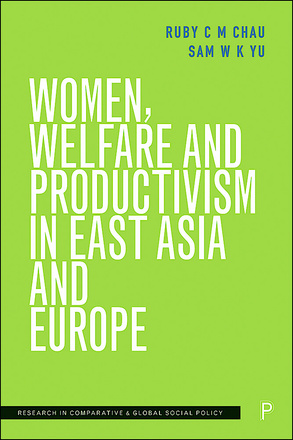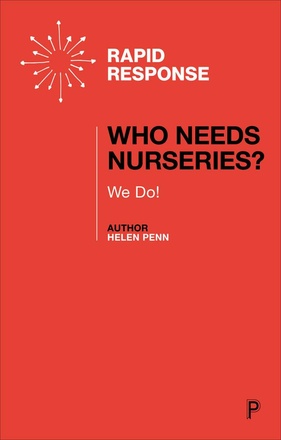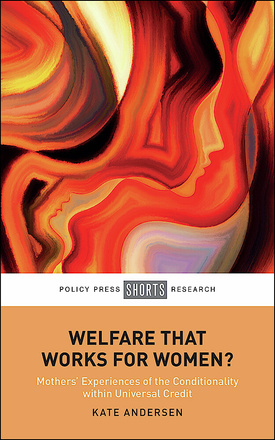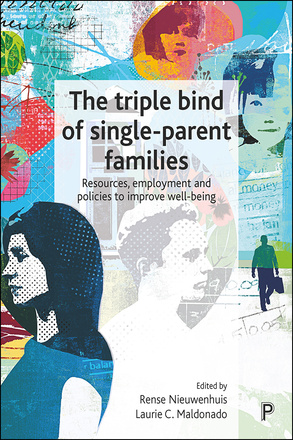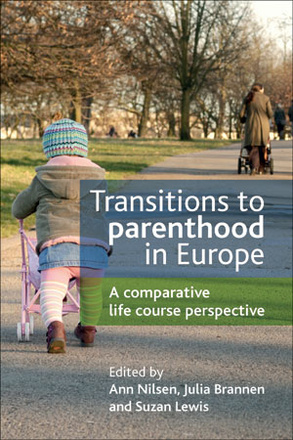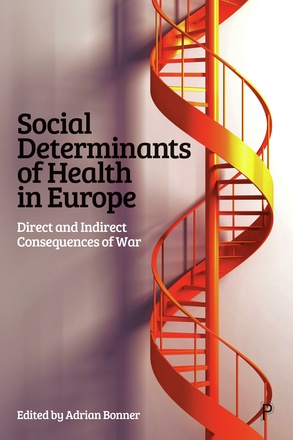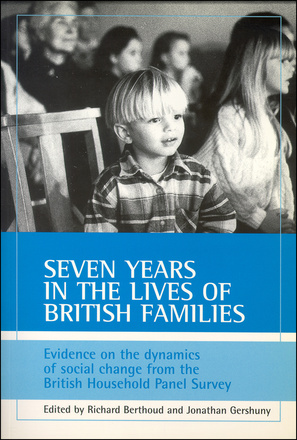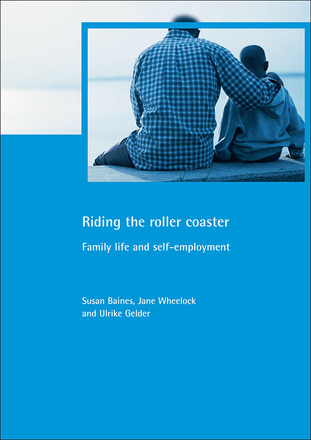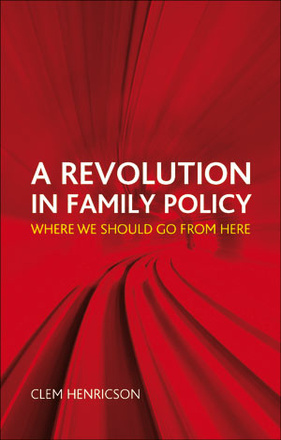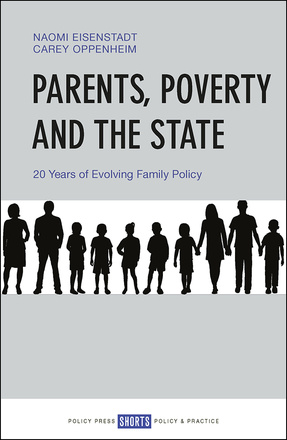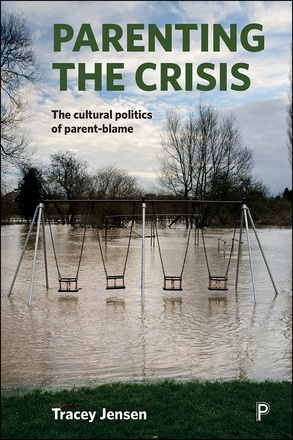Family Policy
Women, Welfare and Productivism in East Asia and Europe
Developing the new framework of ‘life-mix’, which considers the mixed patterns of caring and working in different periods of life, this book explores the interplay of productivism, women, care and work in East Asia and Europe.
Who Needs Nurseries?
We Do!
The role that nurseries play in supplementing family care is an important subject – but in the UK, there is currently little consensus about what nurseries should provide, how they should be run, and who should pay for them. In this book, Helen Penn asks: is there a more considered way ahead?
Welfare That Works for Women?
Mothers’ Experiences of the Conditionality within Universal Credit
This book analyses fresh empirical evidence which demonstrates the gendered impacts of the new conditionality regime within Universal Credit. Drawing on in-depth interviews with mothers, it offers a compelling narrative and policy recommendations to make the social citizenship framework in the UK more inclusive of women.
Voices from the Silent Cradles
Life Histories of Romania’s Looked-After Children
This book explores what happened to the 'Romanian orphans' of the 1990s, including those who stayed in institutions as well as those who were fostered and adopted domestically and internationally. Looking in detail at their experiences, the book provides valuable new evidence on what is important for children in care today.
The Triple Bind of Single-Parent Families
Resources, Employment and Policies to Improve Wellbeing
Available Open Access under CC-BY-NC licence. This book presents evidence from over 40 countries that shows how single parents face a triple bind of inadequate resources, employment and policies, which in combination further complicate their lives.
Transitions to Parenthood in Europe
A Comparative Life Course Perspective
This book takes a life course perspective, analysing and comparing the biographies of mothers and fathers in seven European countries in context.
Social Determinants of Health in Europe
Direct and Indirect Consequences of War
Drawing on the perspectives of women and children displaced from Ukraine, as well as local authority policy makers and service providers, this book provides a unique view of the direct and indirect consequences of war in Europe and identifies the best responses to these ‘wicked issues’.
Seven years in the lives of British families
Evidence on the dynamics of social change from the British Household Panel Survey
This ground-breaking study provides important new insights into the dynamics of Britain's social and economic life. A total of 10,000 adults (from 5,500 households) were interviewed every year between 1991 and 1997, providing a unique picture of the processes and outcomes of important events in their lives.
Riding the roller coaster
Family life and self-employment
This report takes a critical look at the costs and benefits for individuals and families of turning to self-employment as a route out of economic disadvantage.
A Revolution in Family Policy
Where We Should Go from Here
New Labour had a momentous impact on British family policy. In this timely book, Clem Henricson asks whether its aspirations were met, or were indeed realisable, and formulates radical proposals for the future.
Parents, Poverty and the State
20 Years of Evolving Family Policy
Naomi Eisenstadt and Carey Oppenheim explore the radical changes in public attitudes and public policy concerning parents and parenting, arguing that a more joined-up approach is needed to improve outcomes for children: both reducing child poverty and improving parental capacity by providing better support systems.
Parenting the Crisis
The Cultural Politics of Parent-Blame
This book examines how pathologising ideas of failing, chaotic and dysfunctional families create a powerful consensus that Britain is in the grip of a ‘parent crisis’ and are used to justify increasingly punitive state policies.







